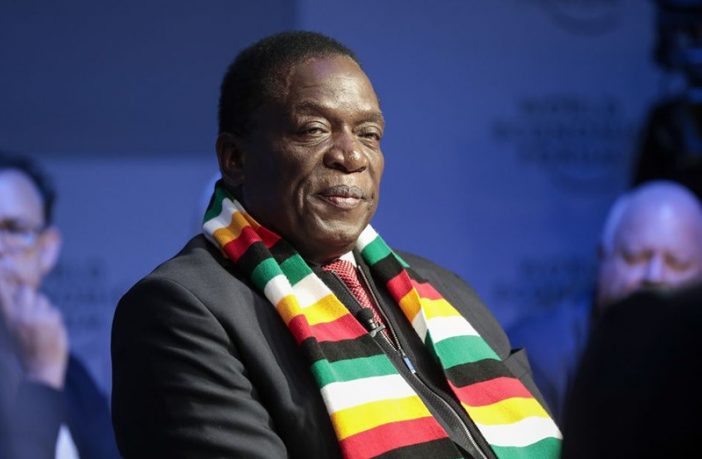- The President of Zimbabwe, Mr Emmerson Mnangagwa is scheduled to travel to Zambia and Mozambique to finalise power import deals with the countries’ leaders.
- Power supply in the country has deteriorated over the last few weeks, worsened by depressed generation at Hwange and Harare thermal power stations, including the loss of a generation unit at Kariba Power Station.
Writing in his weekly column for Sunday Mail Zimbabwe, the President said there was increasing demand for power on account of heightened economic activity, with Zesa sitting on applications for supply of over 2 000 megawatts by 2025, primarily from the mining sector.
Related news: Zambia announces energy surplus of 1156MW
“This week I am paying a working visit to the sister Republic of Mozambique and in the coming weeks I am likely to meet President Hichilema of Zambia in Livingstone,” said Mnangagwa. “Both sister countries supply us with power. I will engage my colleagues with a view to ensuring our power imports are secure and uninterrupted,” he added.
Demand outstripping supply and need to diversify into renewables
He said the economy was growing rapidly and demand for power was fast outstripping supply. Zimbabwe Electricity Supply Authority, Zesa, is sitting on power applications totalling 2 100MW, all requiring power under three years from now in 2025, he added.
Related news: South Africa wants to import power from Zambia
“This is larger than our current installed generation capacity, and far more than actual daily supply.
“Even more unsettling is the fact that the bulk of the demand for power is coming from the mining sector, including from projects for key minerals like gold, platinum, chrome, coal, diamonds and lithium, as well as from smelters we badly need for beneficiation and for triggering domestic industrial value chains.
“We thus just have to increase our internal power generation, possibly threefold, if we are to avoid throttling our growth, and if we are to lessen our dependency on power imports.”
There was a need to diversify the country’s energy supply mix which is “unhealthy”, largely dependent on just two sources – hydro and thermal.
He said power generation from renewable sources was below zero percent, despite presenting huge generation potential. “We have to ramp up investments in all renewables, particularly in solar and wind energy. Our experts estimate that we can generate a further 600MW from solar, with an additional 120MW coming from small hydropower projects largely in the eastern part of our country,” he said.
“Potentially, we can also raise 1 000MW from biomass, with our geothermal energy potential giving us an additional 50MW. Wind power has a potential to give us 1 872MW, according to our experts. All these energy sources suggest great power generation potential for our country which we must steadily turn into actual available and, therefore, usable power before long,” said Mnangagwa
“We must continue to de-centre sources of power needed to move provincial economies by exploring more ways for local power generation. That way we are likely to diversify our energy and electricity mix towards low-carbon sources,’’ concluded Mnangagwa
Author: Bryan Groenendaal
Source: Sunday Mail Zimbabwe















